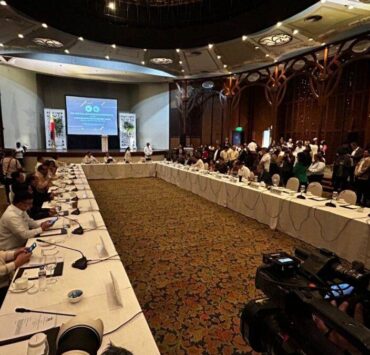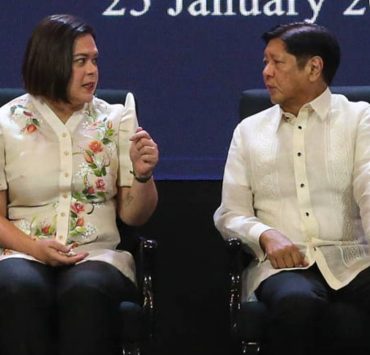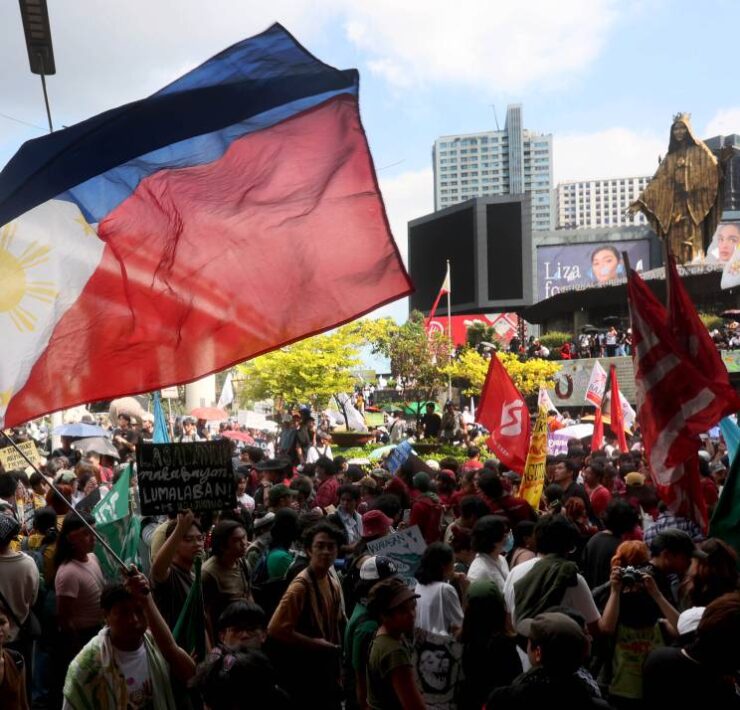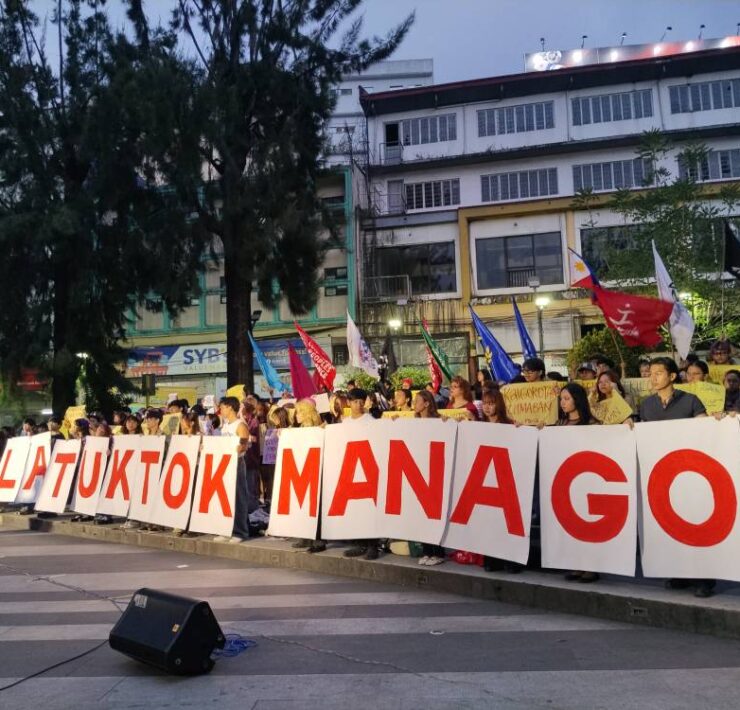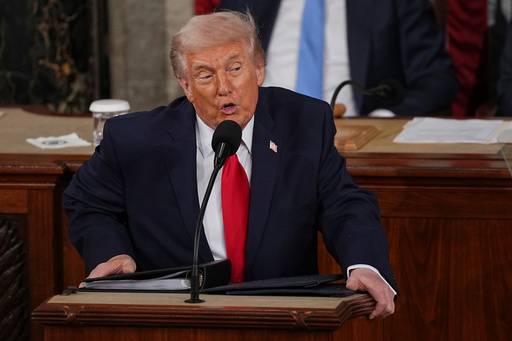97% of Filipinos say corruption widespread; for 59%, it’s normal
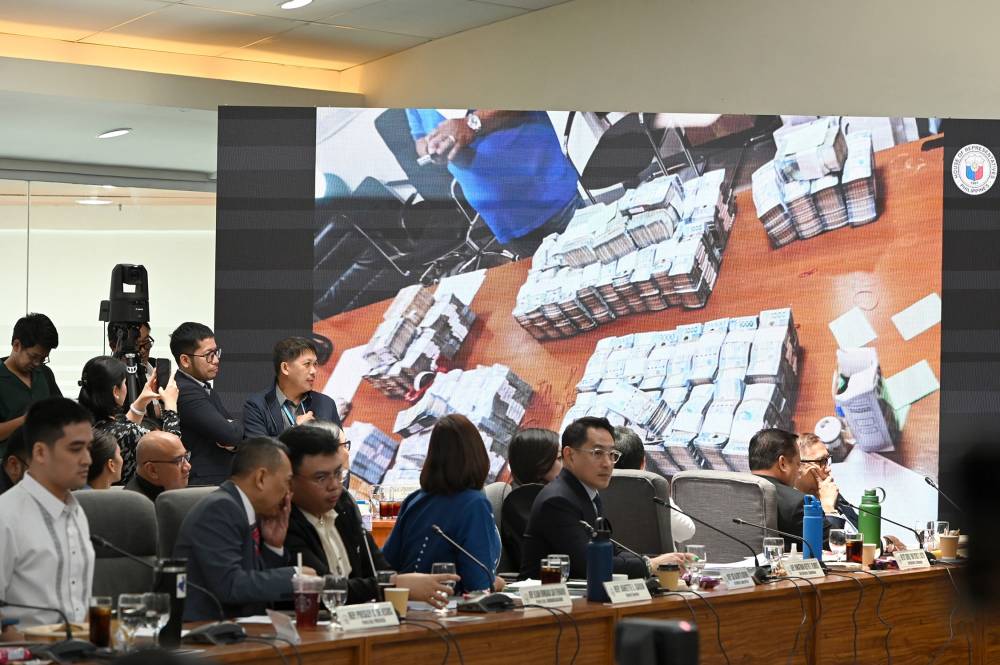
Only three percent of Filipinos do not believe corruption in government is widespread and 59 percent see it as a “normal” part of Philippine politics, a recent Pulse Asia survey showed.
The survey, conducted from Sept. 27 to 30, found that 97 percent of respondents believe that corruption in the government is rampant, 78 percent of them believing it is “very widespread” and 20 percent saying it is “somewhat widespread.”
An increase in corruption in the government in the past year was also observed by 85 percent of the respondents.
Asked what they think is the main purpose of the congressional investigations into anomalous flood-control projects, 54 percent believe these are being conducted to genuinely expose corruption and hold accountable those involved.
Collusion at the top
Around 19 percent consider these probes as a response to the public’s outrage against corruption in the government, 13 percent said these are done to pressure their political rivals or to protect their allies, and another 13 percent see these as a diversionary tactic to draw public attention away from other issues.
The survey also found that 90 percent of Filipinos agree there is collusion among executive officials, lawmakers, and private contractors in the misuse of funds allocated for flood-control projects.
Agreement to the collusion is observed in every area and class (88 percent to 93 percent and 87 percent to 91 percent, respectively).
Seven in 10 Filipino adults (71 percent) also said government officials involved in the irregularities in infrastructure projects will be punished – an opinion shared by considerable to huge majorities across areas and classes (66 percent to 78 percent and 69 percent to 79 percent, respectively).
Distrust in government
Around 21 percent answered that they cannot say if these officials will be held accountable, while 8 percent said that these officials will not be punished.
At least half of Filipinos trust in the ability of civil society organizations (50 percent) and the media (51 percent) to help in addressing the problem of corruption in flood-control projects in the country, while 39 percent expressed trust in the Office of the Ombudsman.
This is the opposite for government entities as 81 percent expressed distrust with the Department of Public Works and Highways (DPWH) and another 45 percent not trusting President Marcos Jr.
The prevailing sentiment toward the newly created Independent Commission for Infrastructure (ICI) is one of ambivalence, with 56 percent unable to say if they trust or distrust the probe body.
The ICI is conducting a closed-door investigation into the misuse of funds in infrastructure projects implemented since 2015 and has submitted its first interim report to the Office of the Ombudsman on Sept. 29, 2025.
The public has earlier clamored for their hearings to be made public.
For the acts that constitute corruption, 75 percent cited accepting or giving bribes, 67 percent said misuse of public funds or company resources, and 64 percent noted offering or receiving kickbacks.
The survey was conducted among 1,200 adults using face-to-face interviews and had a margin of error of plus-or-minus 2.8 percent.














